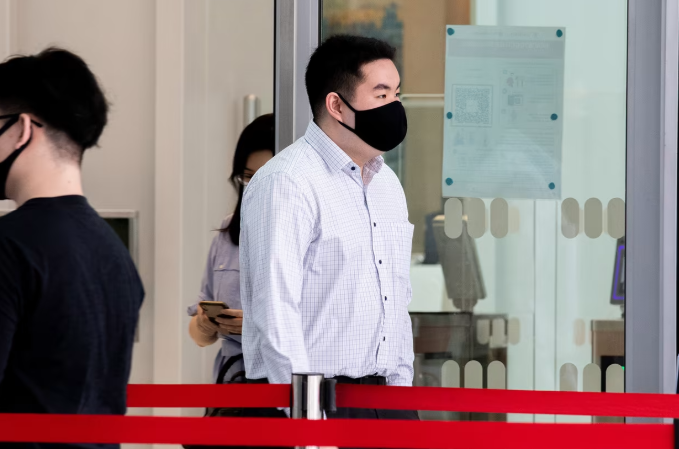Chief Justice Dismisses Defence’s Bid to Protect Offender’s Identity
In a landmark decision, Singapore’s Chief Justice ordered the identification of Colin Chua Yi Jin, a 23-year-old voyeur linked to a series of sex crimes at a prestigious UK university, after 11 of his victims demanded the lifting of the gag order that had kept his identity hidden. The case has sparked a wider debate about the use of gag orders in sexual offence cases, particularly when the victims’ interests conflict with the protection of the accused.
Background to the Case
Chua had pleaded guilty to multiple charges, including filming women in compromising positions, such as upskirt videos and shots of victims in the shower. His crimes spanned several years, beginning in Singapore from 2014 to 2015 and continuing in the UK while studying at university from 2018 onwards. The videos he recorded were distributed online, some being viewed by thousands. During his guilty plea hearing, the defence sought to maintain the gag order, arguing that revealing his name would cause further harm.
The Chief Justice’s Ruling
Chief Justice Sundaresh Menon ruled that the gag order should be lifted, emphasising that the primary purpose of such orders is to protect victims, not the accused. He acknowledged that victims sometimes experience guilt and fear when they cannot speak out due to the protection granted to the offender. In this case, the victims had united in requesting the lifting of the order, believing that revealing Chua’s name would help prevent further harm and bring justice.
Justice Menon sharply criticised the defence’s stance, stating that the gag order’s purpose was not to shield the accused but to ensure justice for the victims. He highlighted that Chua’s legal team had used the order for his own benefit, rather than to protect the victims, who had already expressed a collective desire to expose the offender.
Victims’ Voices and Defence’s Argument
While the victims sought to have Chua’s identity revealed, the defence raised objections, including the claim that not all victims had initially agreed, and pointed to a possible 12th victim who had not yet expressed her position. However, Chief Justice Menon dismissed these arguments, pointing out that the additional victim was not part of the case and thus irrelevant to the current proceedings. He also criticised the defence for attempting to exploit the gag order for their client’s benefit, labelling their application as “self-serving”.
Outcome and Implications
The court ultimately ruled in favour of naming Chua, rejecting the defence’s bid to delay the identification. The Chief Justice’s decision not only mandated the publication of Chua’s name but also highlighted the complex balance between protecting the identities of victims and ensuring the transparency of legal proceedings. Chua was ordered to pay costs for his unsuccessful application, and though he has not yet been sentenced, he has been deemed unsuitable for probation, with sentencing expected to take place in October.
This ruling marks a significant moment in legal proceedings concerning sexual offences and the rights of victims, setting a precedent for how such cases may be handled in the future.








